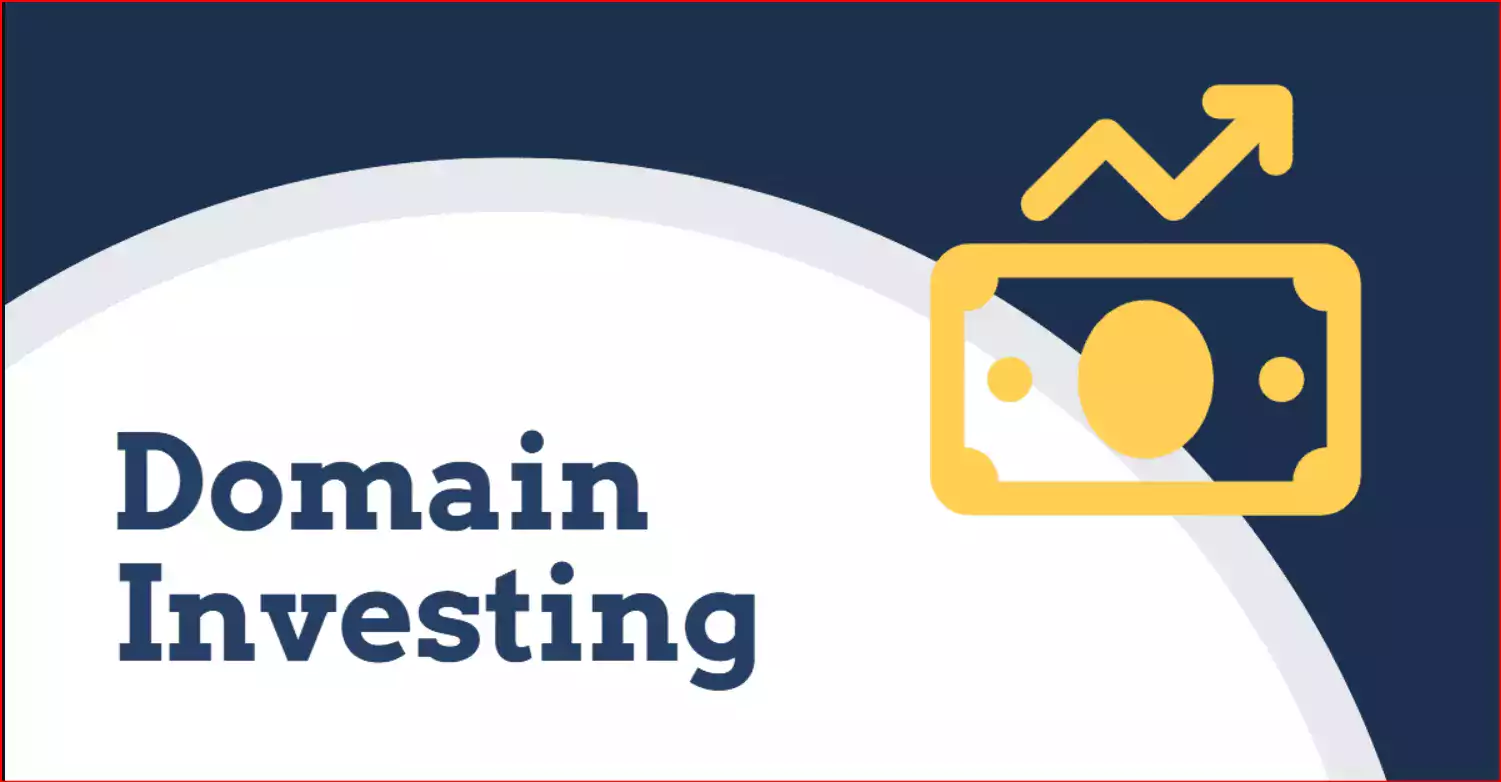How to Minimize Tax Liability When Your Startup Is Acquired
- 23 Apr 2024
- 24 Nov 2025
- Buy Online Business

Congratulations! Your startup has now attracted the attention of a bigger company, and it looks like it will be sold soon. While there is no doubt that this is a thrilling time with so much being on offer, you should, however, remember the tax implications of the takeover. The difference in the number of dollars in your pocket can be seen as a result of a lower tax bill. With this guide, you will learn ways How to Minimize Tax Liability When Your Startup Is Acquired and increase your profits upon the acquisition of your startup.
Understand the Tax Consequences
Let us broach the tax aspect of completing an acquisition prior to delving into the specific tactics. In most cases, the acquisition of your startup will lead to the taxation of any profit you downloaded from the asset and share sale. These taxes may be classified as capital gains taxes, ordinary income taxes, or even tariffs associated with investing in particular types of assets.
Consult with Tax Professionals
Given that the tax law is complicated and that every business acquisition is different, it is a very wise step to seek professional tax advice from the very beginning. Along with tax consultants or certified public accountants, you can learn about the tax consequences of the buyout and devise a plan to drastically reduce your taxes.
Engage with the structure of the deal
The design of the transaction relating to the purchase may have a major effect on the amount of your tax obligation. For instance, selling your company's assets may have different tax implications than selling stocks. In that case, too, the manner of structuring the deal can result in different tax consequences for the buyer depending on whether it is an asset or a stock sale. With the guidance of your advisors, compare the various deal structures to see which one will give you the most tax efficiency for the buyer as well as the seller.
Use Qualified Small Business Stock (QSBS)
If you are approved, then there are some privileges of QSBS that enjoy your startup. QSBS stands for Qualified Small Business Stock (QSBS), and such shareholders are able to exclude a certain amount of their capital gains from the sale of qualified stock out of taxes. This particular structure for the acquisition scheme will help you to adjust your tax obligations significantly. Nonetheless, going in and out of the tricky regulations of QSBS requires meticulous planning and expert assistance.
Optimize Your Basis
Analyzing and ensuring you have a strong basis in the company's assets and stock is important to limit tax payments. The principal of your stake is the amount of funds you invested in the company, and thus, it controls how much profit or loss you might realize from the sale of your position. For example, techniques like cost basis adjustments and properly maintaining your investment records can be quite helpful, enabling you to optimize your basis and minimize your gain upon your tax filing.
Adopt Tax Credits and Deductions
Try to find the tax credits and deductions to compensate for the income gains from the deal. Research tax credits, such as R&D credits, and credits for particular industries or regions. Moreover, make sure you get the most out of the sale deductions, such as lawyer fees or transaction taxes. Every dollar you will get from credits and deductions stays in your pocket, thus saving you from spending.
Consider Timing
An appropriate timing can be important for tax burden minimization. The process by which you will sell your assets or businesses will determine whether you should wait for the next year or recognize your income strategically. Through such an execution, you will be able to save a considerable amount of taxes. Consult your advisors and plan the acquisition time and strategy to provide maximum tax efficiency.
Think in advance about Estate and Gift taxes
Estate and gift taxes should be considered if your wealth is passed to the next generation, which could be the next thing to do. Knowing that your company's stocks and assets are in a trust or other estate planning vehicle can contribute to paying lower estate taxes and preserving your wealth for your generation. Meet with estate planning experts to create a comprehensive plan that takes into account your long-term goals and provides for the reduction of taxes on the beneficiaries.
Keep the Tax Law in Force
As the acquisition goes on, it is important to ensure that you conform with tax laws and regulations. If the tax standards are not met, then additional charges and legal repercussions may be incurred. Engage your tax advisors and legal team continuously to have assurance that all your tax obligations are met and your transactions are structured in a way that is compliant with existing tax laws.
Conclusion
Tax matters in the acquisition of a startup can be quite complex. Nevertheless, these can be minimized with careful planning and expert assistance, and you can maximize your gains. Discovering the tax implications of a buyout, consulting with tax advisors and implementing strategic tax-savings steps will enable you to maintain a maximum amount of the startup value. Keep in mind the fact that each dollar that you pay as tax is the one that could be diverted to reinvest in future projects or added to the sum of your financial prosperity.











